11 Amazing Benefits Of Neem Powder And How To Use It
Learn about this reputed herb's role in treating infections and general health issues.
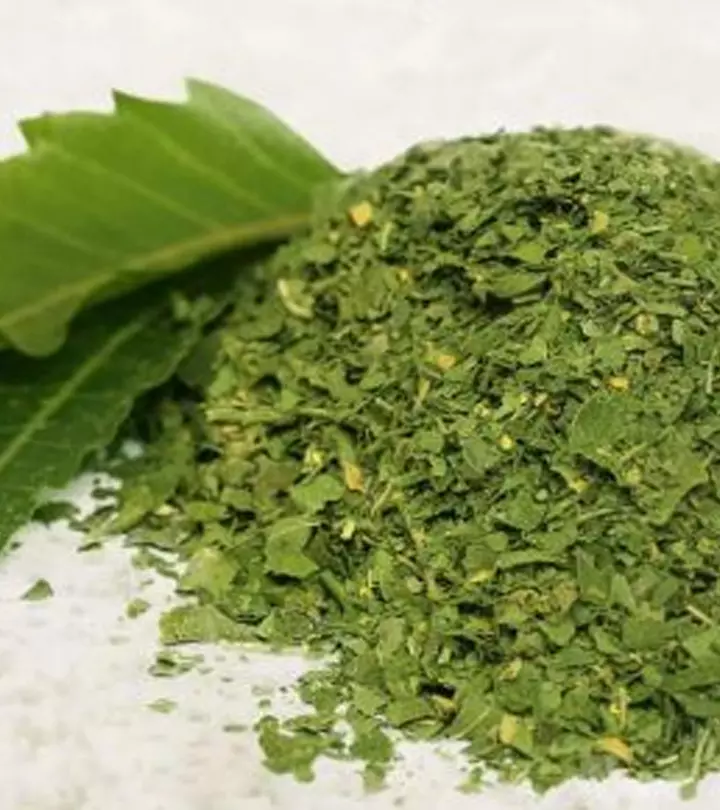
Image: ShutterStock
Neem is widely known for its many therapeutic compounds and medicinal benefits. Be it face packs for skin care or immunity-boosting home remedies, neem powder benefits us in several possible ways. While neem leaves, bark, and flowers are extensively used, you may or may not have access to a neem tree. That’s when neem leaf powder makes all of its medicinal potentials more readily accessible. An important ingredient in many ayurvedic and herbal medicines and treatments, neem powder benefits are significant and many! Keep reading to learn more!
 Know Your Ingredient: Neem Powder
Know Your Ingredient: Neem PowderWhat Is It?
Neem powder is made by drying and grinding neem leaves into a fine powder.
What Are Its Benefits?
It helps with acne, sinusitis, digestive problems, athlete’s foot, and psoriasis. It also improves hair health.
Who Can Use It?
Almost anyone except infants, small children, pregnant and breastfeeding women, patients who have undergone organ transplants or surgery, and diabetics.
How Often?
¼-½ teaspoon of neem powder twice a day.
Caution
May induce negative drug reactions with immunosuppressants.
In This Article
Neem – An Overview
The botanical name of the neem tree is Azadirachta indica. This tree is native to India, Myanmar, Sri Lanka, Bangladesh, Pakistan, etc., but now is grown worldwide for its medicinal and healing properties. With all of its parts possessing medicinal values, this herb is useful for the treatment of various ailments. The antibacterial, antiseptic, antimicrobial and anti-inflammatory properties of neem make it valuable for human health.
 Did You Know?
Did You Know?Today, neem has obtained tremendous value in the market for commercial use. Neem oil is used in bathing lotions, soaps, cosmetics and as an environment-friendly insect repellent as well. One can use neem leaves in the treatment of eye problems, bleeding nose, intestinal worms, stomach problems, loss of appetite, etc. They can also treat skin diseases, cardiovascular disease, hay fever, oral and liver problems. Neem is known to have anti-diabetic properties and may even increase insulin sensitivity. Its seeds are ground into a powder that is soaked overnight in water and sprayed onto the crop to keep away the insects (1).
As far as the neem powder is concerned, it possesses most of the medicinal values of neem. It can be used internally in tea form; it can be added to cuisines or used externally as well. Earlier, neem powder was even used as a contraceptive. Nowadays, it is used in cosmetics, soaps, lotions, etc. The intake of neem powder has been found beneficial in treating digestive problems. It also acts as a blood purifier and an immunity booster.
Neem Powder Benefits
As stated above, neem powder is beneficial for your health in various ways. Given below are the top ten uses of neem powder.
1. Dandruff

Dandruff is harmless, but it can ruin your hair charm and can be embarrassing. Dandruff occurs due to the shedding of dead cells from the scalp, or the flaking of a dry scalp. Adding neem powder to your hair care regimen can help you in treating dandruff. You can add neem powder in water and apply this mixture to your hair roots, and then consume the water. Leave it for 30 minutes and rinse thoroughly. With the regular use of this natural remedy, you can get rid of dandruff.
2. Ringworm
Ringworm is not uncommon. It is a fungal infection of the skin, marked by ring-shaped, red, scaly patches. Sometimes these patches get itchy and irritating. Neem powder has been found effective in treating ringworm as it is a fungal infection, and neem has strong antifungal properties. For treating ringworm, mix neem powder with water. You can add a few drops of olive oil if your skin is dry. Apply this paste to the affected areas and rinse after 10-15 minutes with lukewarm water. Follow this process daily for few days to get noticeable results.
3. Head Lice
Lice are parasitic insects that live in human hair. They are contagious. They feed on a small amount of human blood, thus adversely affecting your health. Neem has got the property that inhibits the growth of lice. It also prevents the lice eggs from hatching. If you are troubled by head lice, you can prepare a paste of neem powder and water. You can also add henna powder to make it thicker and smoother. Apply it to your hair and rinse off after drying. You can use this method on alternate days or 2-3 times in a week for relief.
4. Acne/Pimples

The benefits of Neem powder extend to skin care also. Have you ever used neem powder for acne or pimples? Mostly, it is the oily-skinned people who suffer from this issue. The antiseptic, antioxidant, antifungal, antiviral and anti-inflammatory properties of neem help in treating acne or pimples. Powdered neem leaves are a major component of most of the widely used facial creams.
To get rid of acne or pimples, you can add neem powder to yogurt or fuller’s earth. Make a paste of neem powder and yogurt, fuller’s earth and water. Apply it on your face. Rinse after it gets dry. Repeat this 2-3 times a week for best results.
 Trivia
Trivia5. Neem Powder In Toothpaste
Neem powder can be added to toothpaste also. It has been found to be very beneficial for oral/dental care. It combats gum diseases and keeps the mouth healthy and germ-free, fights bad breath, kills bacteria in the mouth, prevents and reduces plaque, fights cavities, etc. Neem powder is totally oral friendly.
6. Sinusitis

Sinusitis is an inflammation of the sinus; it can be chronic or acute. You can use neem powder as a nasal drop for treating sinusitis. It helps in reducing inflammation. Mix one teaspoon of neem powder in a cup of hot water and take 2-3 drops twice a day for relief.
7. Athlete’s Foot
Athlete’s foot is a common skin disease of the foot. It is contagious and can spread to other parts of the body as well. For the treatment of athlete’s foot, you can use neem powder paste. Traditionally used to help soothe skin irritations, neem powder can also be used as a non-toxic fungus-fighting foot powder (2).
All you need to do is make a paste by combining neem powder and water. Apply it to the affected areas regularly. The antiseptic, anti-fungal and anti-bacterial properties of neem help in fighting athlete’s foot disease.
8. Psoriasis

Psoriasis is a chronic skin condition, marked by silver/red, itchy, scaly painful patches caused due to the extra growth of cells. Neem powder can treat Psoriasis effectively. Either you can take neem powder internally or apply it externally. For internal use, you can take one teaspoon neem powder and 1/2 a teaspoon turmeric powder with lukewarm water twice daily. Alternatively, you can apply water and neem powder paste externally to the affected areas daily.
9. Eczema
Eczema is a chronic skin condition. It is an inflammation of the epidermal layer of the skin. The symptoms of eczema include red, itchy and dry patches on the skin. It is more common in children and infants than in adults. For the treatment of eczema, you can make a paste using water, neem powder, and some turmeric. Apply this paste to the affected area. Neem powder has proven to be effective in providing relief from eczema.
10. Hair Loss

Hair loss is becoming a frequent issue these days among both men and women. There can be several causes for hair loss. But neem powder can greatly help in reducing hair fall. For this purpose, you can prepare a paste of neem powder and water. You can also add Aloe Vera to it. Apply this paste on the scalp/root twice a week about 20-30 minutes before bath.
11. Gastric Ulcer
Gastric ulcers, a common gastrointestinal condition, are open sores on the lining of the stomach. Research has shown that neem bark extract administered orally at a dose of 30 mg twice daily for ten days led to a substantial 77% decrease in gastric acid secretion. Remarkably, patients not only experienced healing of duodenal ulcers (sores on the lining of the duodenum, the first part of the small intestine) but even cases of esophageal and gastric ulcers exhibited improvement with this treatment (1).
These findings suggest that neem bark extract has therapeutic potential for managing gastric hypersecretion and various types of gastrointestinal ulcers. Under the supervision of your healthcare provider, you may have one teaspoon of neem powder with lukewarm water twice daily to improve your gastric health.
Infographic: Benefits Of Neem Powder
Neem is a medicinal herb that is known for its extensive antimicrobial properties and is one of the most used plants in many medications in Ayurveda. There are numerous benefits neem offers that improve your overall health, if used regularly.
The below infographic gives an idea of the detailed benefits of neem. Check it out! Illustration: StyleCraze Design Team
Neem powder has been used in traditional medicine for its therapeutic properties. It possesses several antimicrobial, antibacterial, and anti-inflammatory properties that help treat many ailments. These medicinal effects are responsible for the many benefits of neem powder. The use of this herbal powder may help treat dandruff, ringworm (fungal infection), head lice, acne, sinusitis, plaque, psoriasis, and athlete’s foot. It may also help reduce your hair fall. Hence, make it a part of your routine and enjoy the benefits.
Frequently Asked Questions
Does neem make you poop?
Neem has been used to relieve constipation since ancient times as an Ayurvedic remedy.
Does neem cause female infertility?
Yes. Research has shown that neem has the potential to alter the oestrous cycle and impair female fertility (2).
Is neem good for the liver?
Yes. Neem’s anti-inflammatory properties may help tackle oxidative stress, consequently promoting good health of the liver.
Can you take neem and turmeric together?
Yes. Both neem and turmeric are known for their anti-inflammatory, antibacterial properties and used together in many home remedies for cleansing and detoxing purposes.
How much neem powder should I take daily?
It is advised to take ¼-½ teaspoon of neem powder twice a day.
Can I take neem on an empty stomach?
Yes. It is believed that taking neem on an empty stomach can improve gut health.
Key Takeaways
- Yellow tea may boost digestive health and metabolism.
- It may promote heart health and delay aging as it contains polyphenols.
- It fights against oxidative stress as it has antioxidant properties.
- Yellow tea extracts may lower body mass index and limit weight gain.
Illustration: Amazing Benefits Of Neem Powder And How To Use It
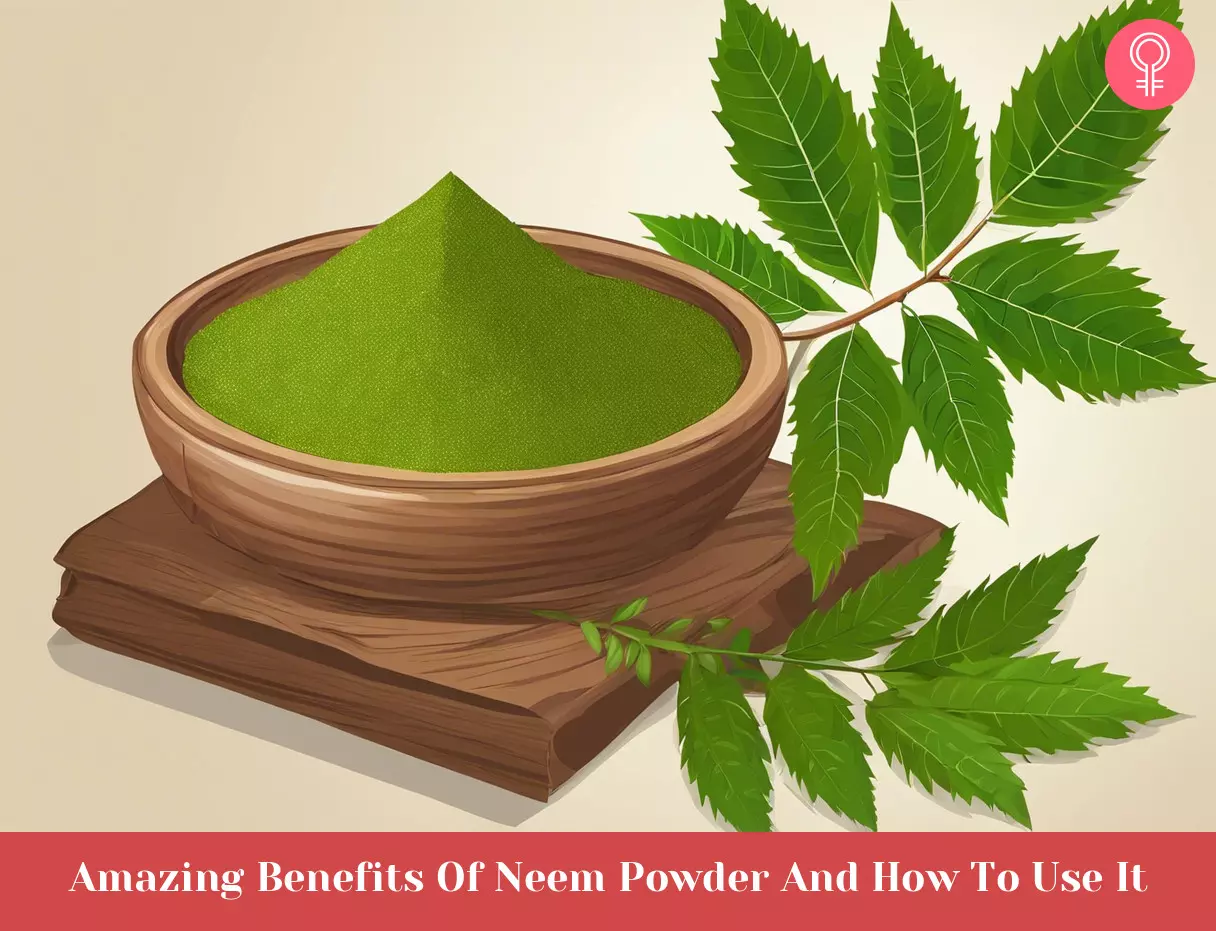
Image: Stable Diffusion/StyleCraze Design Team
Learn how neem can help improve your health! Discover its many benefits, from detoxification to preventing diseases. Check it out!
References
Articles on StyleCraze are backed by verified information from peer-reviewed and academic research papers, reputed organizations, research institutions, and medical associations to ensure accuracy and relevance. Read our editorial policy to learn more.
- Clinical studies on the effect of Neem (Azadirachta indica) bark extract on gastric secretion and gastroduodenal ulcer
https://pubmed.ncbi.nlm.nih.gov/15454339/ - Neem (Azadirachta indica L.) leaf extract deteriorates oocyte quality by inducing ROS-mediated apoptosis in mammals
https://www.ncbi.nlm.nih.gov/pmc/articles/PMC4155053/
Read full bio of Dr. Zeel Gandhi
Read full bio of Ravi Teja Tadimalla
Read full bio of Moksha Gandhi







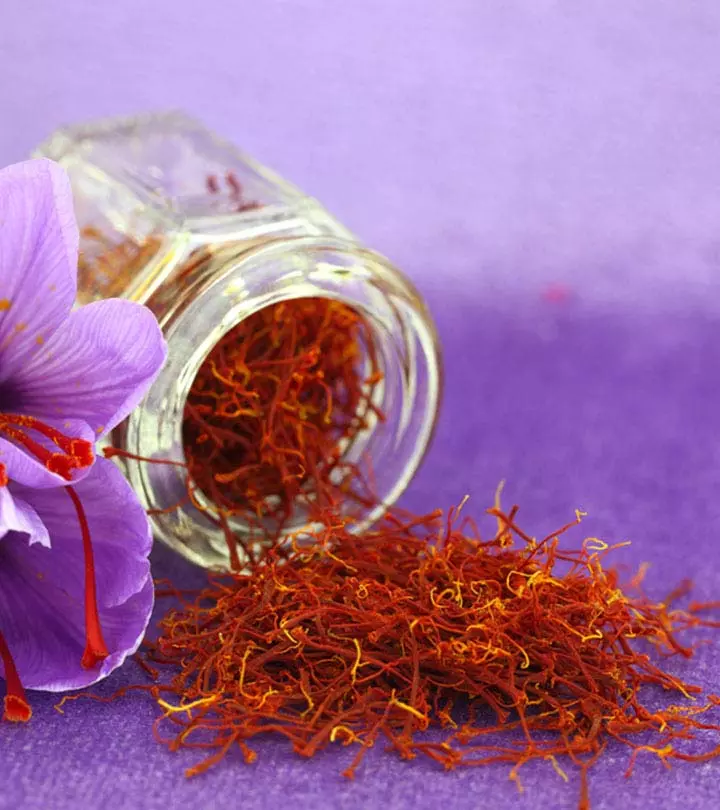

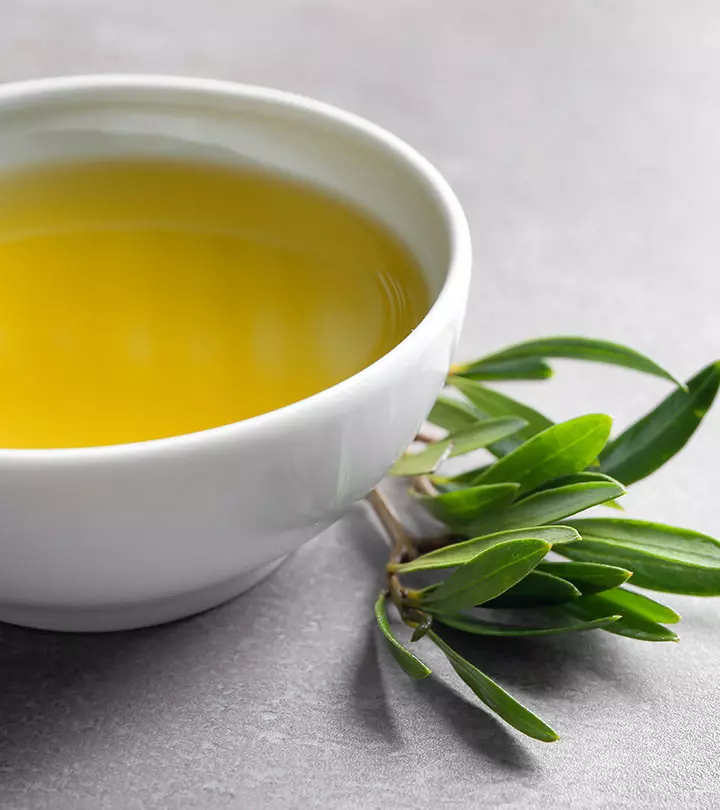

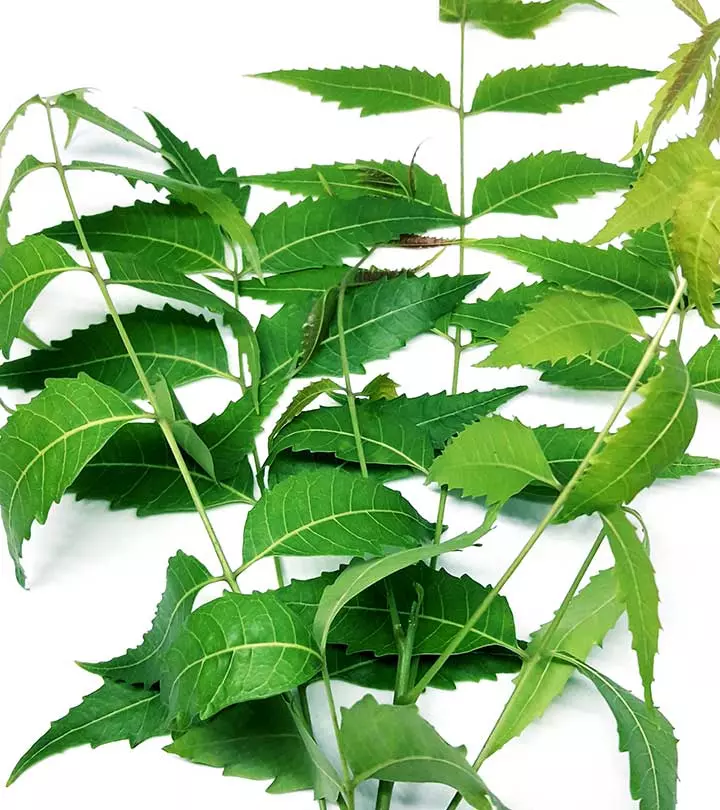

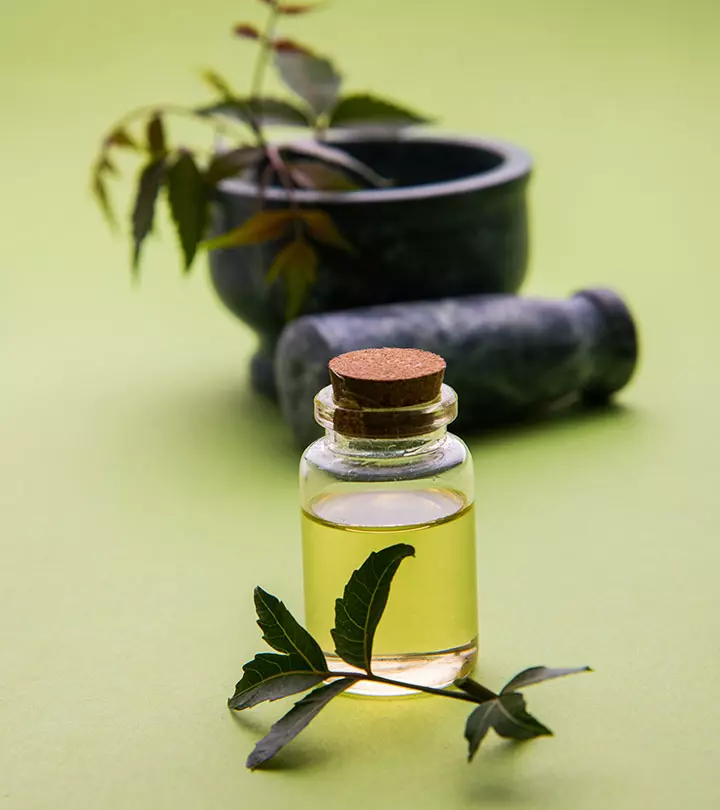

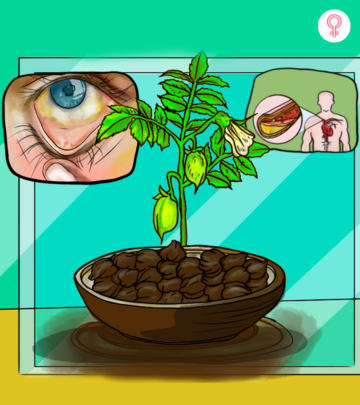

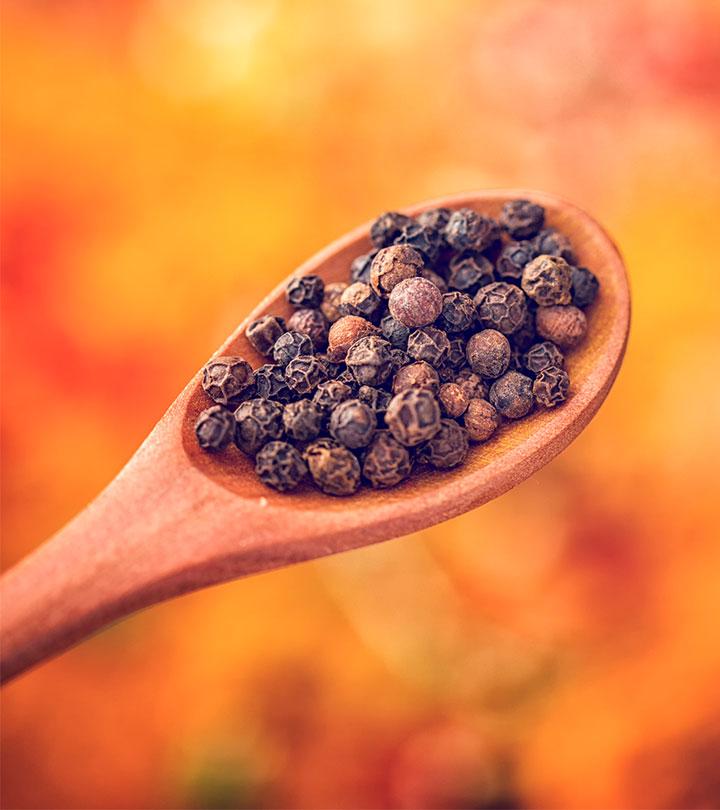
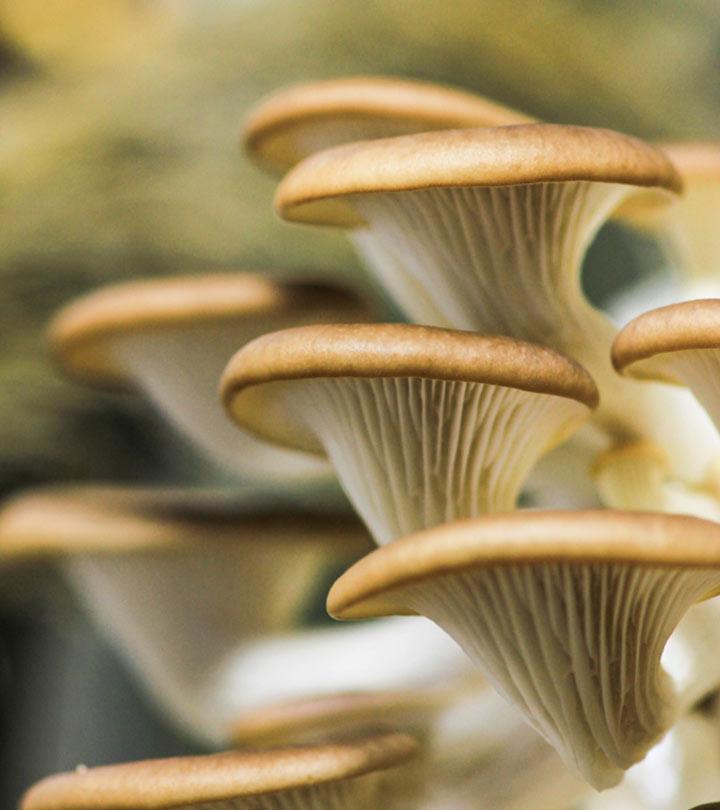
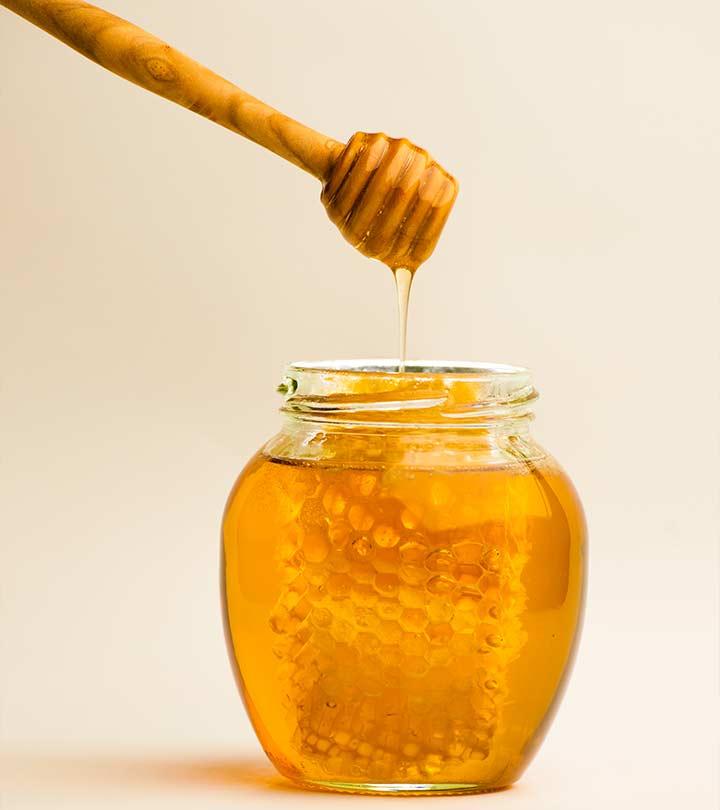

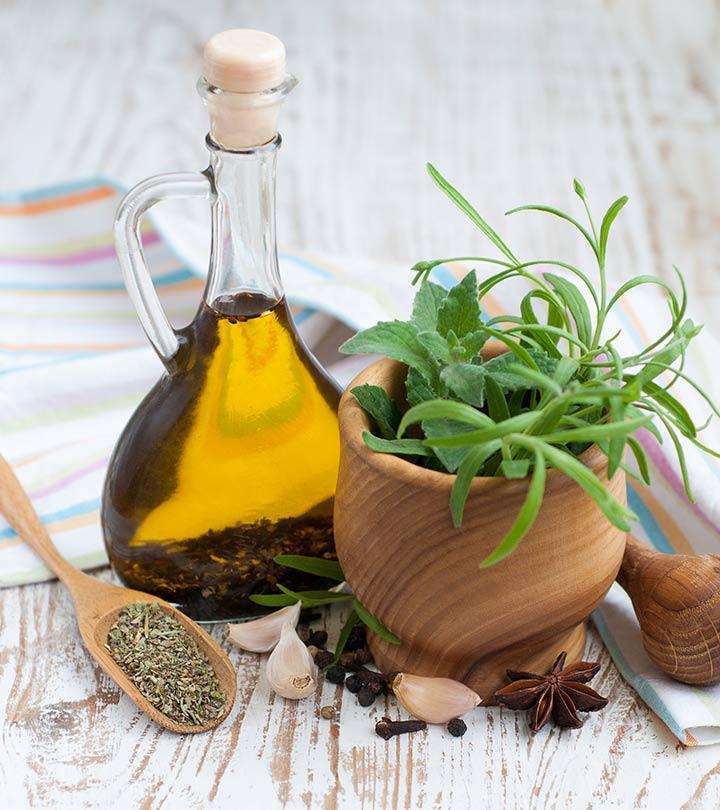



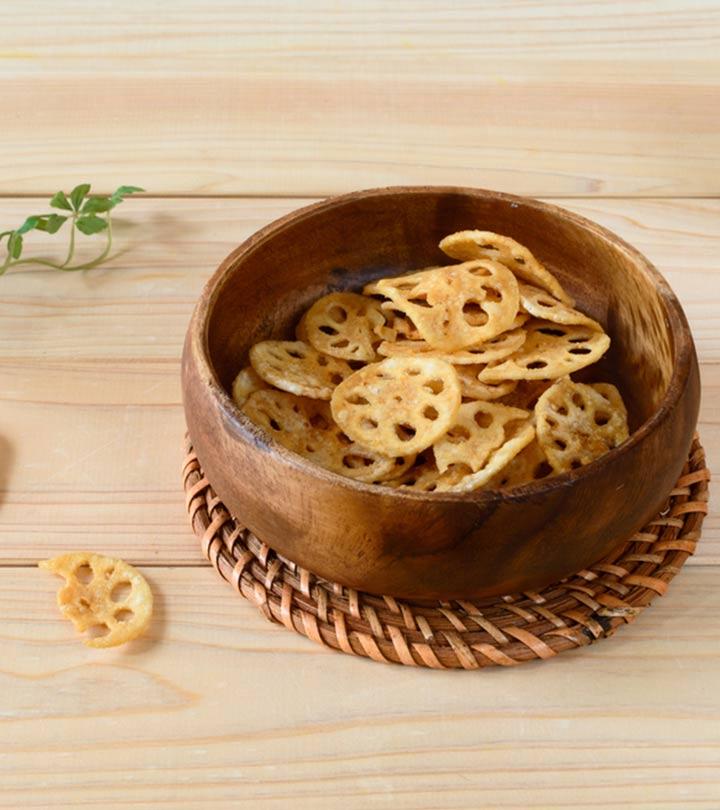
Community Experiences
Join the conversation and become a part of our empowering community! Share your stories, experiences, and insights to connect with other beauty, lifestyle, and health enthusiasts.